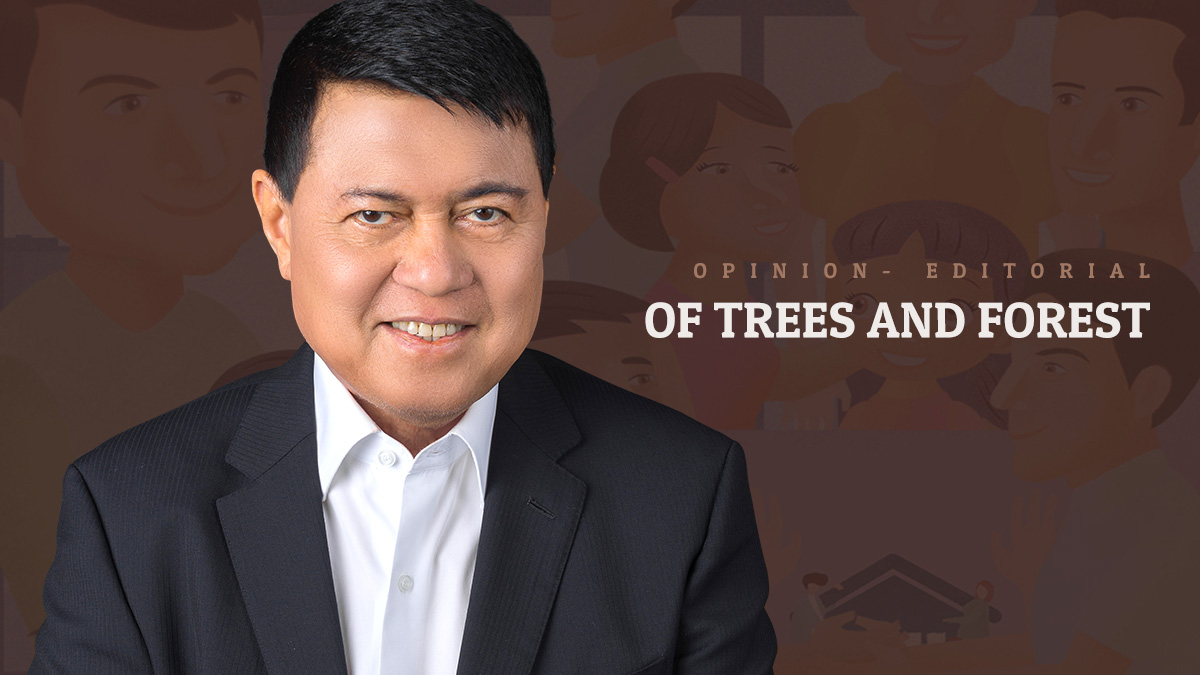
What’s the Matter With our Water?
Last March 22, the global community celebrated World Water Day 2019. It is ironic that on the day the United Nations (UN) designated to emphasize the global aim to ensure availability and sustainable management of water, many Filipinos in Metro Manila and Rizal were on the second week of misery from a water mess that had disrupted their lives. Even as we go to press, many Metro Manila villages are experiencing water interruption.
The water service interruption which started on March 6 was so abrupt many were not able to store water the night before. Safe drinking water was a problem because even water refilling stations were unable to produce distilled water for their customers. People could not take a bath before going to work or school. Worse, sanitation problems were experienced by many, especially Mandaluyong residents who were hardest hit by the service interruption.
The most heartbreaking scene was to see people lining up for hours to get water from a swimming pool of a condominium tower. People also stayed late at night up to early in the morning to queue for water from fire trucks. While at this, kudos to our firefighters who stepped up and helped residents even during ungodly hours.
So what happened? The Metropolitan Waterworks and Sewerage System (MWSS) cited the failure to construct a treatment facility on time and the wrong simulation on how to address its supply shortage created a “domino effect.”
The president of Manila Water faced a Congressional inquiry and explained that on March 6, the La Mesa Reserve breached the critical level of 69 meters which prevented them from getting 150 million liters per day from the La Mesa Reserve.
The UN has proclaimed as a fundamental human right “the right to safe and clean drinking water and sanitation. The human right to water “entitles everyone, without discrimination, to sufficient, safe, acceptable, physically accessible, and affordable water for personal and domestic use; which includes water for drinking, personal sanitation, washing of clothes, food preparation, and personal and household hygiene.”
To be clear, compared to what we experienced in Metro Manila, billions of people have been experiencing worse. Even today, many people are still living without “safe water – their households, schools, workplaces, farms, and factories struggling to survive and thrive.” According to water.org, nine million Filipinos still rely on unimproved, unsafe, and unsustainable water sources and 19 million lack access to improved sanitation.
But the water interruption that happened is unacceptable. It exposed a failure in planning and the inability to anticipate problems such as what transpired. I can understand the fury of President Rodrigo Duterte. He has always protected the Filipino public. I remember him demanding government agencies to improve services because he does not want Filipinos lining up for hours for services they deserve. I totally agree.
We need to fast-track the infrastructure necessary to be able to cope with the increase in demand. A growing economy like that of the Philippines will necessarily require more resources (water, electricity). Some of the plans for the expansion of our water sources were crafted decades ago. One wonders why they have not yet been implemented.
But the public needs to do its share, especially in terms of water conservation. We need to understand that making our water supply sustainable is the responsibility of all—government, the business sector, and the public. Remember, conserving water does not only save the environment and sustain a valuable but finite resource; it will also allow you to save money on your utility bill.
We also need to rethink our response to similar problems in the future. Our lack of preparedness resulted in the suffering of our people. We cannot allow that to happen again. Denying our people safe water is denying them livelihood, a decent quality of life, and it is tantamount to denying them their fundamental human right.





